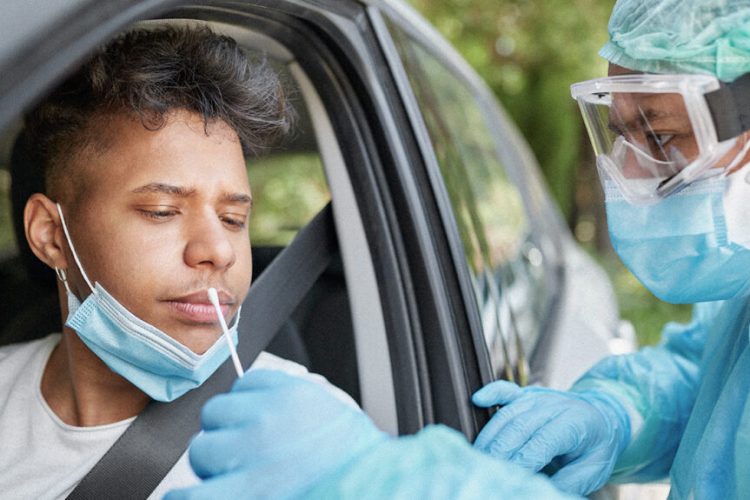The coronavirus created a worldwide pandemic affecting millions of people. COVID-19 is a respiratory illness that easily spreads from person to person through respiratory droplets from a cough or sneeze. The vast majority of people recover from COVID, but senior citizens often have the most severe symptoms.
Medicare is America’s healthcare system for seniors who are ages 65 or older and for people with certain disabilities. Throughout the pandemic, Medicare has made changes and adjustments to ensure seniors receive the care they need. But what most people want to know is if Medicare will cover a pcr testing dubai.
Medicare coverage and coronavirus
Medicare consists of two parts: Part A for hospital coverage and Part B for outpatient coverage, such as doctor visits. Medicare Part B covers the coronavirus test.
There are two tests that detect the coronavirus, which are the swab and antibody test. These tests help the doctor diagnose or rule out coronavirus if you were to become ill. Typically, seniors must meet the Part B deductible when they have diagnostic tests done. However, Medicare beneficiaries will not have to pay the Part B deductible or any coinsurance for the coronavirus test during the pandemic. It is covered at 100% with no out-of-pocket costs.
The Families First Coronavirus Response Act allows Medicare beneficiaries to receive coronavirus testing-related services through a hospital observation, online digital evaluation, physician visit, or emergency department services with no cost-sharing expenses, according to the Centers for Medicare and Medicaid Services (CMS).
Coronavirus and Medicare Part A
The rate of hospitalizations due to the coronavirus differs by age. The younger you are, the lower your chances of being hospitalized. For example, the hospitalization rate for seniors 65 to 74 years old is five times higher than ages 18 through 29, according to the Centers for Disease Control and Prevention (CDC).
It’s important to know that if you become ill with coronavirus, you will have hospital coverage through Medicare Part A. You must meet the Part A deductible if you are hospitalized, which is $1,408 in 2020. Medicare covers the first 60 inpatient days at 100% after you pay the Part A deductible.
If your inpatient stay exceeds 60 days, you will pay a $352 daily copayment for days 61 through 90.
In the past, Medicare wouldn’t cover inpatient days if you were medically able to be discharged. Now, however, even if you are medically cleared to go home but you need to remain quarantined in the hospital for a period of time, Medicare will cover those inpatient days, as well.
Does Medicare cover the coronavirus vaccine?
There has yet to be a coronavirus vaccine available in the United States, but there are over 100 possible vaccines in testing, according to the World Health Organization. However, if a coronavirus vaccine becomes available to the public, Medicare will cover it.
Telemedicine and Medicare
Telemedicine has played a significant role throughout the pandemic. Telemedicine is an online communication service that connects a healthcare physician and a patient through an internet connection using a smartphone, computer, tablet, or two-way audio. The physician can treat and diagnose a patient without physically seeing them.
Telemedicine is now available to all Medicare beneficiaries. This online service can be used for regular doctor visits, preventative health screenings, mental health counseling, and virtual checkups.
Telemedicine services are covered by Medicare Part B, and you must meet the Part B deductible. However, many providers are being flexible throughout the pandemic and reducing service costs or waiving all cost-sharing expenses for telemedicine visits.
Summary
The coronavirus has upended health care delivery, and no one is sure how long the pandemic will last. In order to help stop the spread, it’s highly recommended to wear a mask, practice social distancing and wash your hands regularly. If you begin to show any of the coronavirus symptoms (high fever, cough, chest pain), visit your doctor, and know that Medicare will cover your test and treatment.
Lisa Eclesworth is a notable and influential lifestyle writer. She is a mom of two and a successful homemaker. She loves to cook and create beautiful projects with her family. She writes informative and fun articles that her readers love and enjoy.

